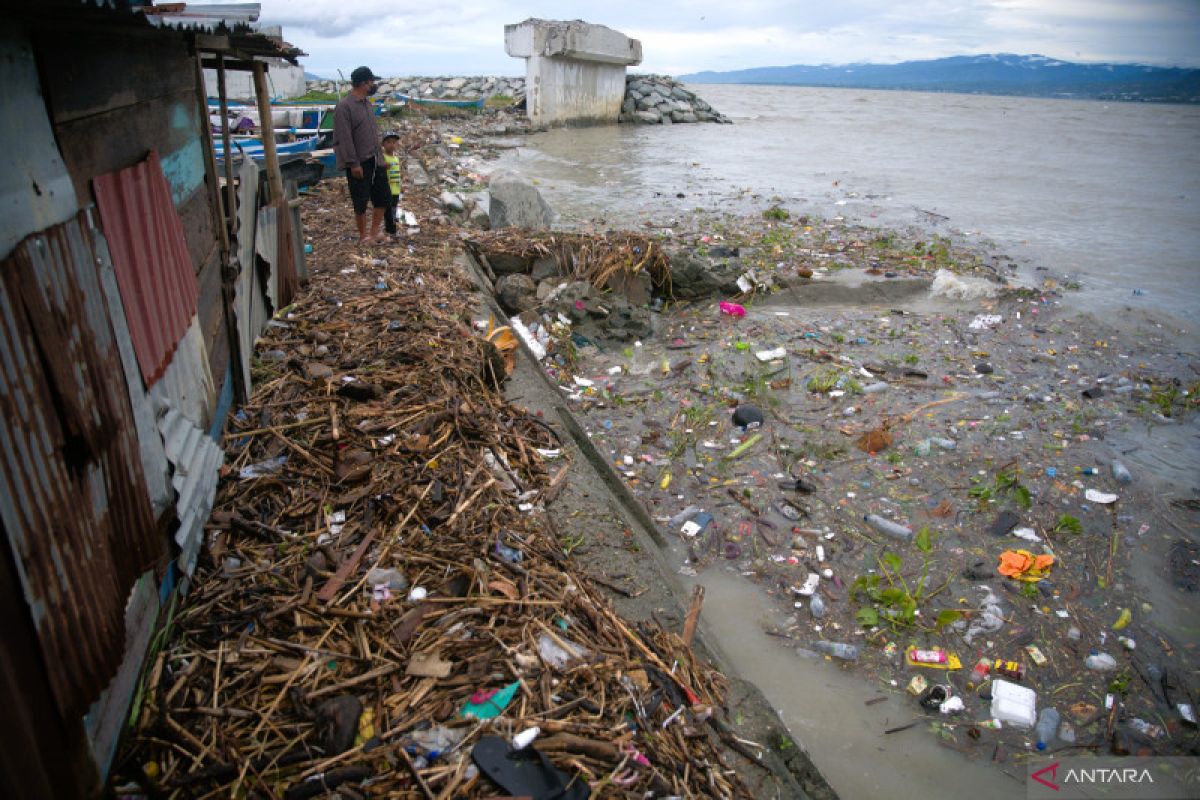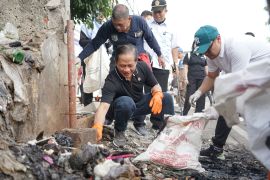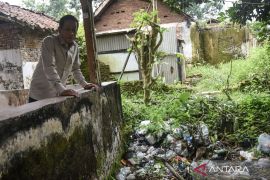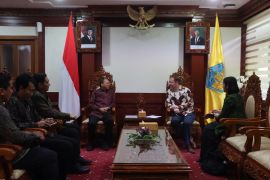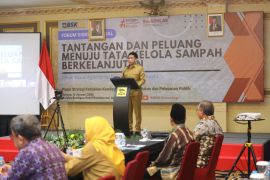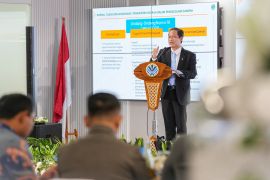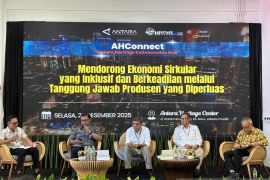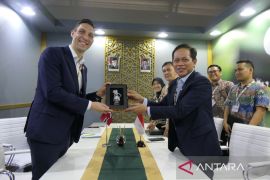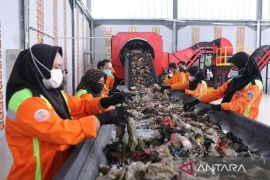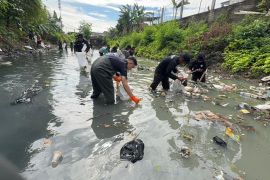The garbage management has been directed at (green economy). There has been a paradigm shift in waste treatment, as plastic waste is now an issueJakarta (ANTARA) - The Indonesian government is encouraging the implementation of green economy through waste management to realize social welfare and equality while significantly reducing environmental risks and ecological scarcity.
"The garbage management has been directed at (green economy). There has been a paradigm shift in waste treatment, as plastic waste is now an issue," Rofi Alhanif, assistant deputy of waste and sewage management at the Coordinating Ministry for Maritime Affairs and Investment, said here on Wednesday.
According to the calculations of the National Plastic Action Partnership (NPAP), Indonesia produces 6.8 million tons of plastic waste per year, and 10 percent of this waste reaches the sea. If this problem is not resolved promptly, the amount of plastic waste flowing to the sea is predicted to reach 780 thousand tons by 2025.
Related news: Marine debris removal efforts become national agenda: ministry
Furthermore, Presidential Regulation No. 83 of 2018 has affirmed Indonesia’s commitment to reducing 70 percent of marine waste by 2025.
Five strategies are currently being used to treat marine waste: the national movement to treat marine waste, waste control in rivers and industries, plastic waste management, diversification of funding schemes, and innovation development.
The government has also claimed that it reduced 15.3 percent of plastic waste in the ocean during 2018–2020 by bringing down the volume of plastic waste from 615,674 tons to 531,540 tons.
"Our calculation in December 2021 stated that some 25–30 percent (of plastic waste) can be reduced over three years. If this upward trend continues, hopefully, the target of 70 percent by 2025 can be achieved," Alhanif said.
Related news: PSEL construction to solve Tangerang waste problem: official
According to Alhanif, the green economy scale for resolving plastic waste problems requires both physical and operational investment of US$5.1 billion.
The investment could help add 150 thousand formal workers and 3.3 million informal workers to the plastic treatment industry.
"If we can manage this plastic waste (sustainably), green economy will protect the environment while enhancing economic growth," Alhanif added.
Related news: Ministry, PLN ink loan agreement for pumped storage hydropower
Related news: ESDM Ministry to hold G20 energy transition session in Yogyakarta
Translator: Sugiharto P, Kenzu T
Editor: Fardah Assegaf
Copyright © ANTARA 2022
